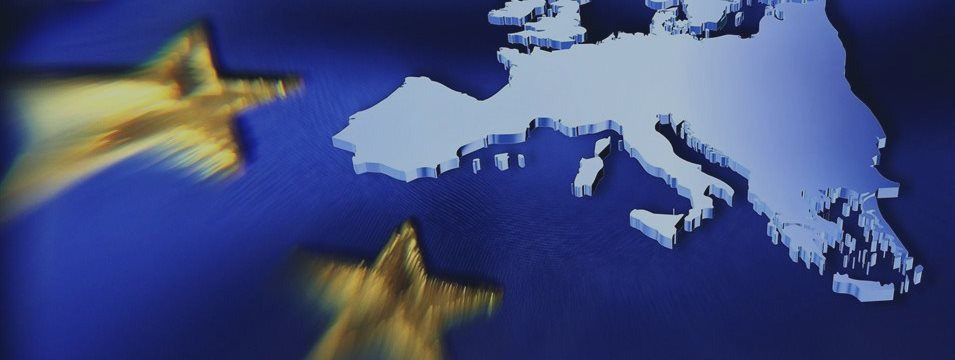
Traders are losing faith Mario Draghi can weaken the euro
Since the beginning of September, we have seen European Central Bank president Mario Draghi reiterating he is eager to expand the euro area's stimulative program to boost the economy, however, the single currency climbed 1.5% against the greenback - in contrast with before the program was launched.
When the ECB president said in May 2014 he was "comfortable" with more monetary easing, it appeared to be a turning point. The euro fell from a two-and-half-year high and then kept declining for the next 10 months.
Philip Shaw, chief economist at London-based Investec Plc, which raised its year-end forecast to $1.08 from $1.06 at the start of September, said that much of the euro's weakness happened while the ECB was "talking about quantitative easing rather than since they’ve actually done it."
"It’s debatable exactly how effective an extra tranche would be."
While Draghi and other ECB officials have been careful not to say they’re purposely targeting the exchange rate with their 1.1 trillion-euro ($1.2 trillion) bond-buying program, they’ve repeatedly admitted a softer euro would help the economy by driving growth and inflation.
Throughout the past six months, the shared currency has largely traded between $1.05 and $1.15, stuck between the depreciating effects of more money flowing through the economy and the support created by wagers the U.S. central bank will delay raising interest rates.
October 16 will mark another reminder for Draghi of how much he needs a weaker currency, as inflation data will be released, and analysts predict the numbers will confirm consumer prices dropped last month.
The ECB's own economic models suggest that a 5% decline in the euro’strade-weighted rate may drive economic growth by 0.3 percent and inflation by 0.5 percent.
Last week, at the International Monetary Fund meeting in Lima, Draghi said that the ECB is prepared to use all the instruments at its disposal to help the euro-zone economy, including tweaking the size of the stimulus program, its duration and the type of assets it can buy.
Expectations
Markets may be surprised if the ECB to weaken the euro substantially, says Jane Foley of Rabobank International.
Rabobank sees the euro falling to $1.09 by year-end, in line with the market consensus, though that’s up from its estimate of $1.06 at mid-year.
"It’s going to be difficult for the ECB to get the market going in terms of further downside momentum for the euro," said Foley, a senior foreign-exchange strategist at the Dutch bank in London.
"They may have to do something bigger than the markets anticipate to get a reaction at all, and that reaction is likely to be curtailed compared with what we saw at the start of the year."


